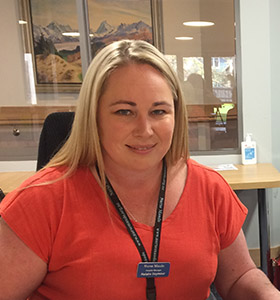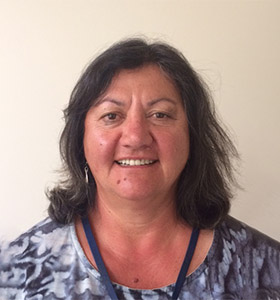



Nurses in aged care were already paid an average of $10,000 per year less than those in DHBs – a gap likely to widen after the DHB multi-employer collective agreement (MECA) was settled, New Zealand Aged Care Association (NZACA) chief executive Simon Wallace said.
There was now an “unprecedented” shortage of almost 900 nurses – 20 per cent of the aged care workforce – leaving a sector in “crisis” with many rest homes facing closure, Wallace said.
“This lack of pay parity has resulted in a flood of nurses leaving the aged care sector, often to work for DHBs or to work in Australia. Many are also leaving for roles as COVID-19 vaccinators.”
Little said he was aware of the pay gap for aged care nurses, “and we have committed to pay parity for those nurses,” he told Kai Tiaki Nursing New Zealand. “However we can’t address the pay parity issue until we’ve sorted out pay equity with DHB nurses.”
He was keen to move as soon as the DHB MECA was settled. “The objective is to make sure there is as little gap in time as possible between agreement between DHB nurses on pay equity, and agreement on pay parity for non-DHB nurses.”
Little said the Government had recently provided extra funding for DHBs so they could increase their aged residential care funding.
But Wallace said the $8.8 million increase “falls far short of the $85 million required to put the sector’s 5000-plus nurses on an equitable footing with the nurses in public hospitals”.
The NZACA had lodged a claim with the Government that funding was insufficient given the loss of nurses and inability during the pandemic to recruit overseas nurses, who usually formed up to 70 per cent of the aged care workforce.
The funding is part of the age-related residential care (ARRC) service agreement negotiated between NZACA, DHBs and the Ministry of Health.
NZNO industrial advisor aged care Lesley Harry said the aged care sector was “very fragmented” with low union density making it difficult to achieve a collective agreement.
NZNO wanted to ensure funding was tagged to wages and safe staffing, which was as important as pay parity, she said.
NZNO College of Gerontology Nurses chair Natalie Seymour said nurses were leaving “in droves” for better paid work. “Over the last 18 months, a lot of nurses reflected on their options. Their friends have left and gone into other industries, as they were just wiped out and wanted a better work-life balance. So that’s what they wanted too. If we can’t get the balance right, or reward them for staying, why would they?”
See also: Imagine… the nightmares and dreams of an aged care nurse

